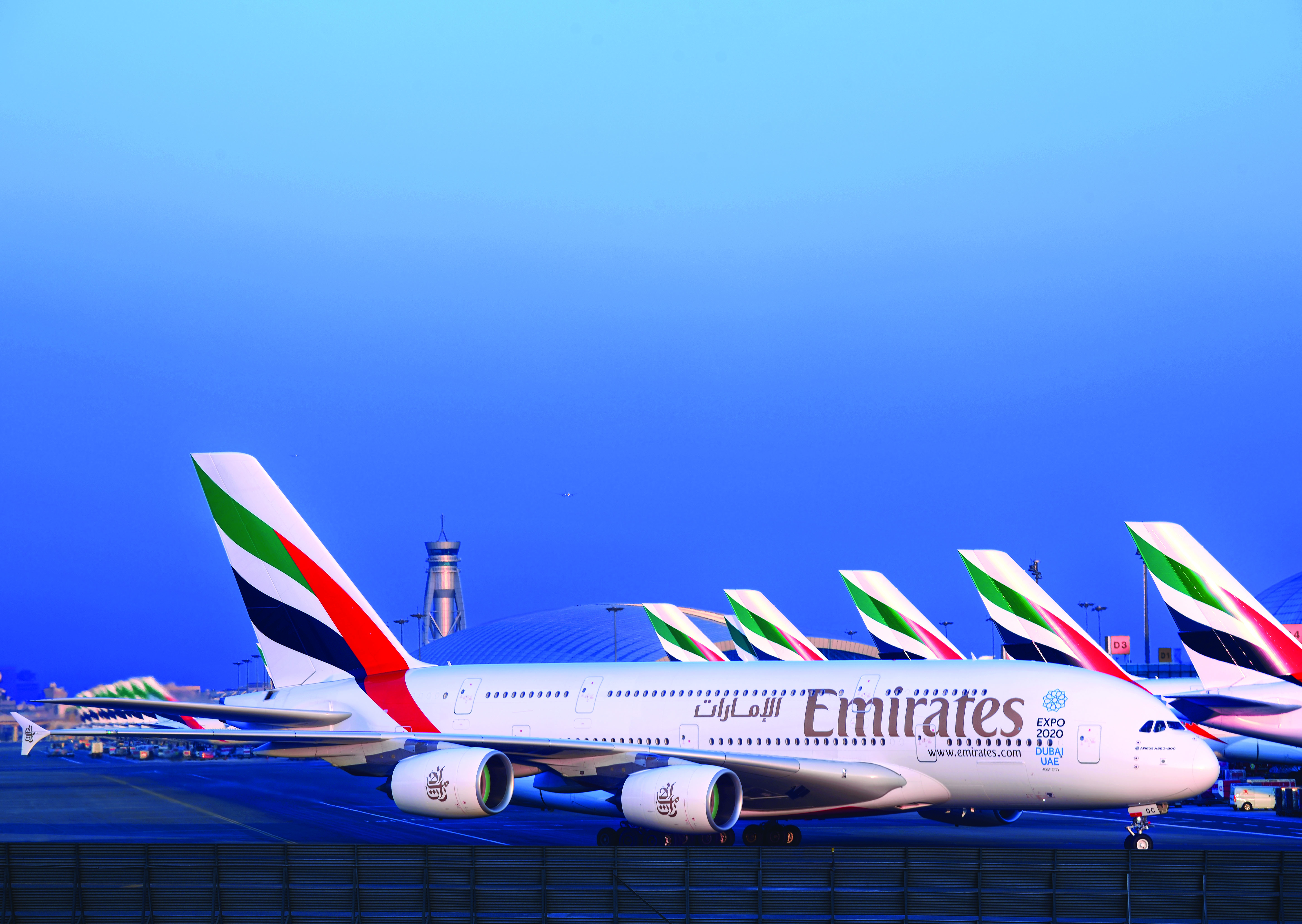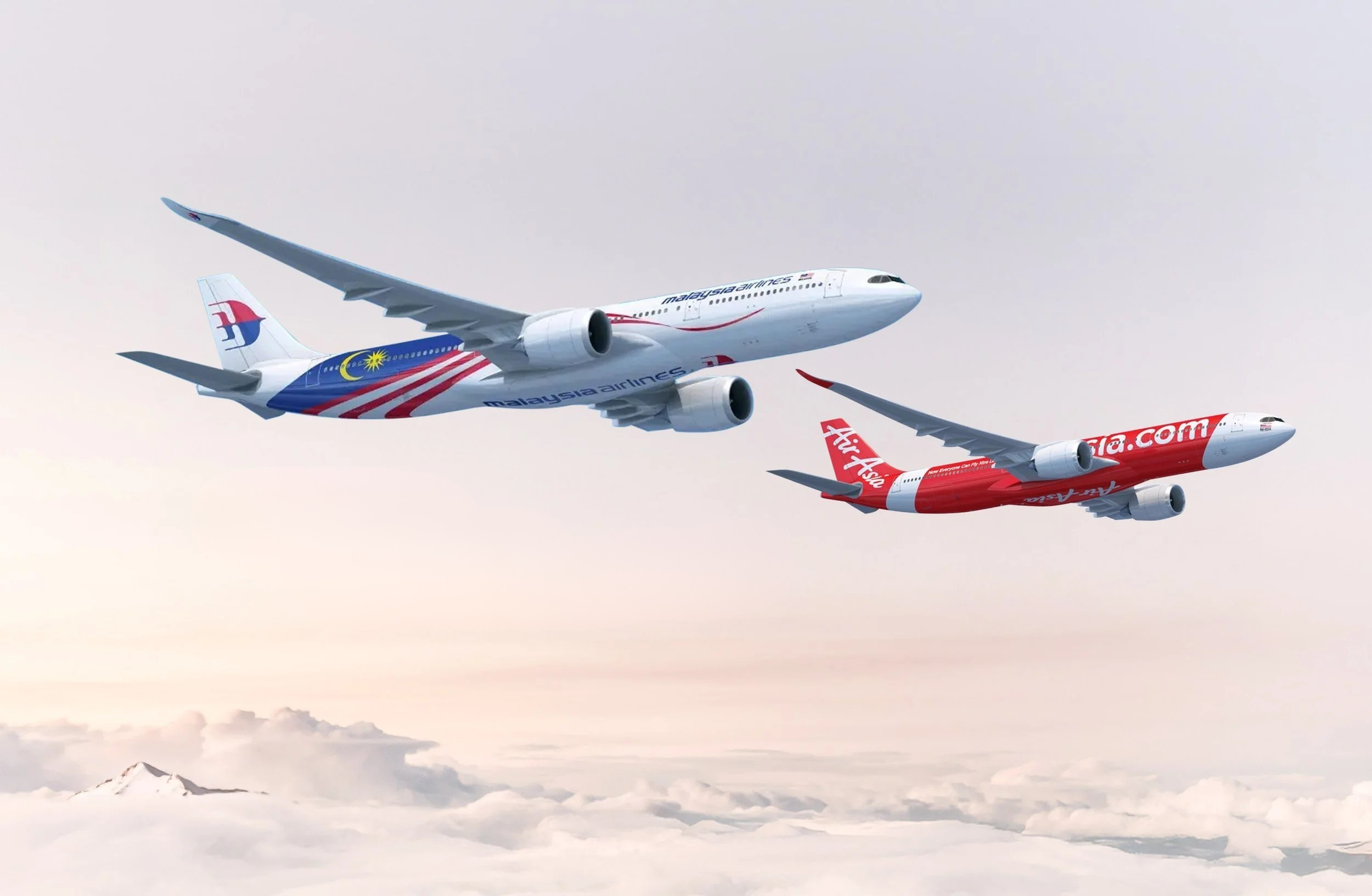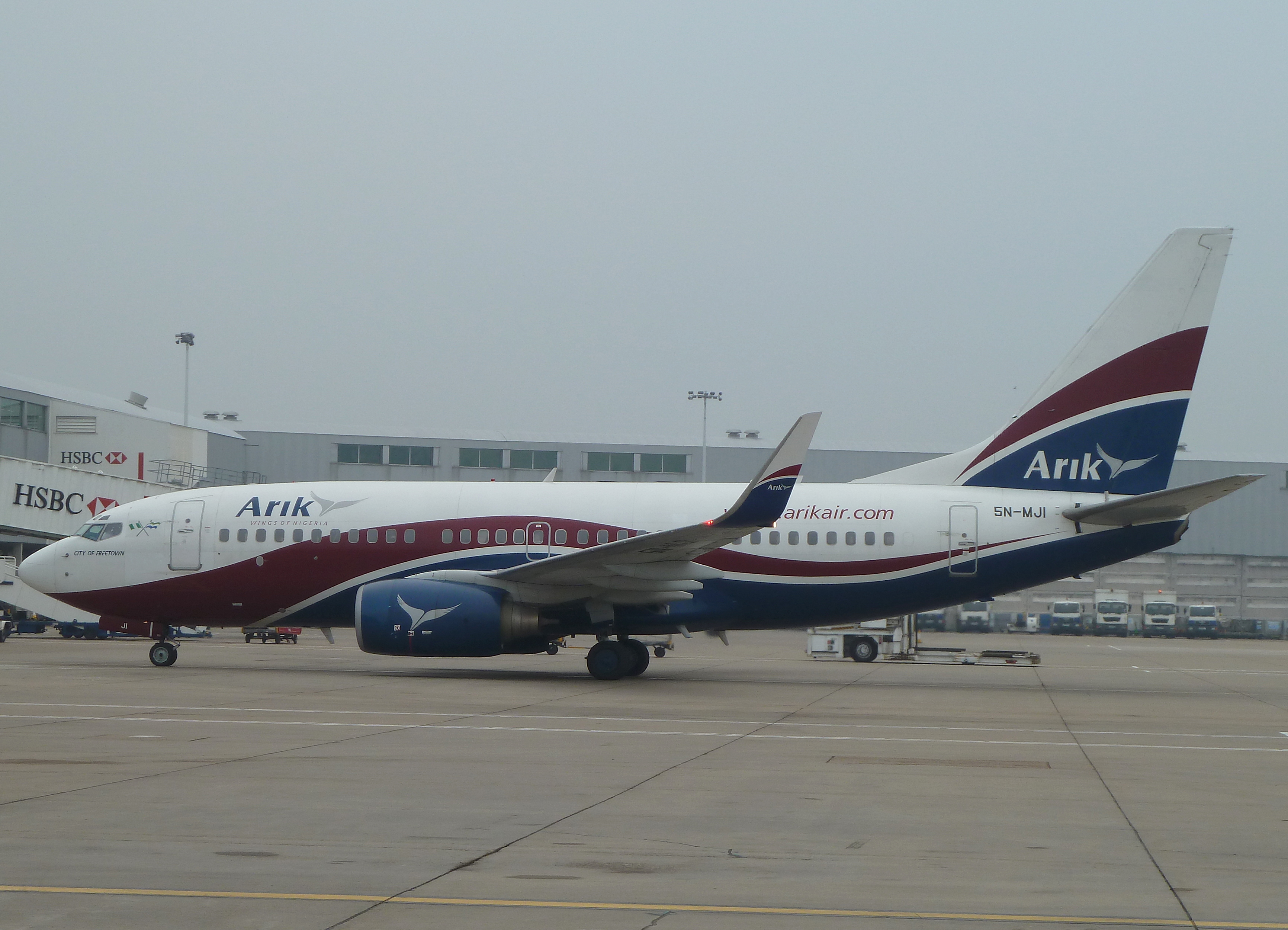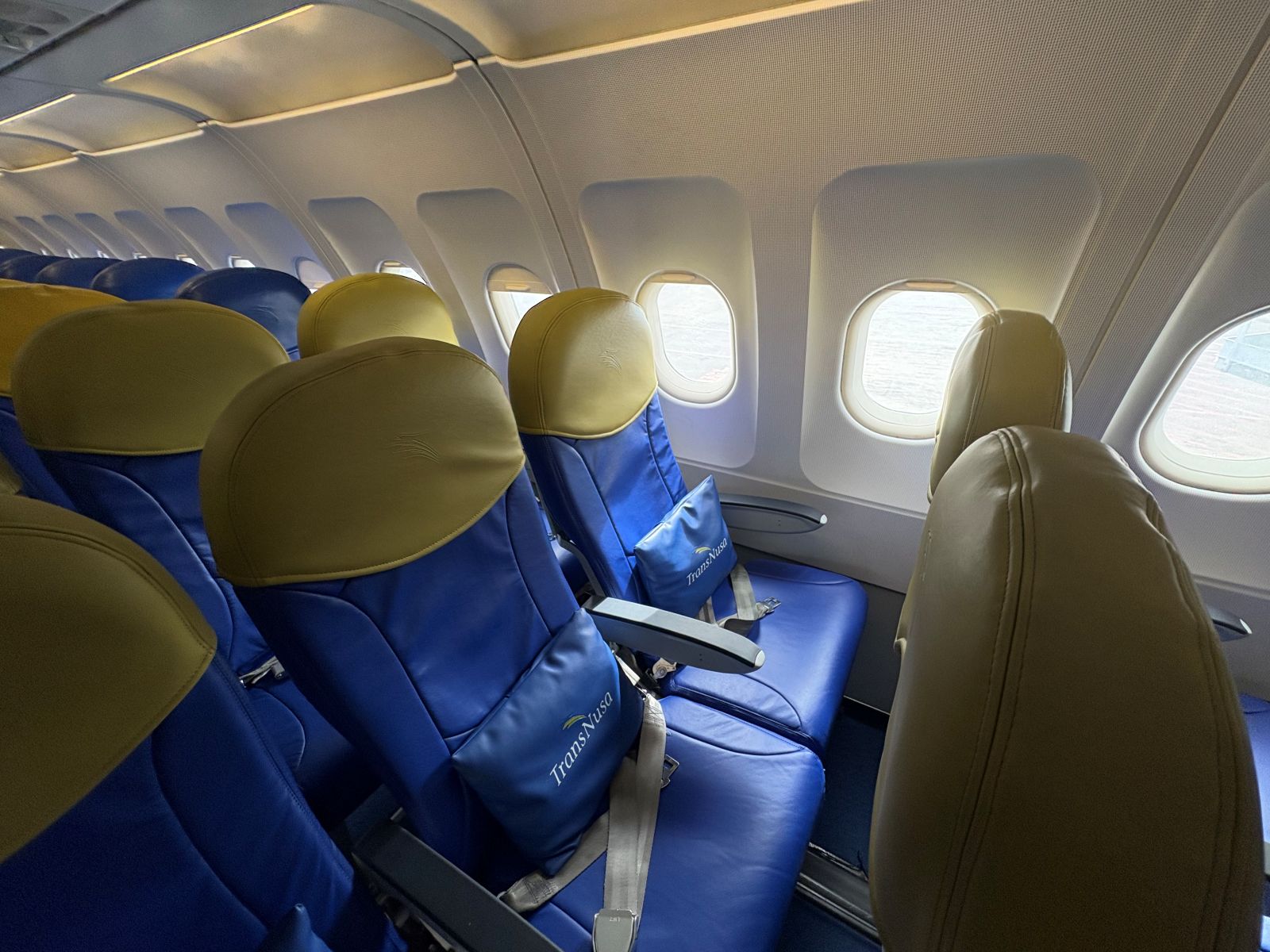The lithium-ion battery battle is heating up, literally and figuratively. The issue: whether these controversial power-producers should be allowed to be carried, in bulk, in the bellies of passenger aircraft.
According to a story by the Associated Press two influential groups want the ban. One of them is the International Coordination Council of Aerospace Industry Associations (ICCAIA), which represents, among others, aircraft manufactures such as Boeing and Airbus. The other is the International Federation of Air Line Pilots Associations (IFALPA).
In a paper obtained by AP the ICCAIA contends the threat of lithium-ion battery fires poses “an unacceptable risk.”
Underpinning the call for a ban are tests conducted on lithium-ion rechargeable batteries in the spring of 2014 by the U.S. Federal Aviation Administration’s Fire Safety Branch. Results were dramatic. FAA was testing the effectiveness of cargo compartment fire-resistant (FRCs) containers and fire-containment covers (FCCs) in combatting large lithium battery fires. According to FAA, two FRC tests took place. Those containers were fitted with a dry powder fire suppression agent. According to an FAA document, “An explosion occurred inside the [container] during both tests. The overpressure and subsequent fire destroyed the FRCs in both of these tests.” The fire suppression agent didn’t discharge in the first test. It did in the second, but that made scant difference. “The discharge of suppression system did occur prior to the [second] explosion but did not prevent it,” says the document.
In perhaps the most chilling passage FAA says, “The cause of these explosions was ignition of flammable gasses that were vented by the batteries in thermal runaway that had collected within the FRC.”
The tests employed some 5,000 batteries.
The response
International Civil Aviation Organization (ICAO) Communications Chief Anthony Philbin says, “The ban being proposed by IFALPA (the pilots’ group) is currently awaiting discussion at the ICAO Dangerous Goods Panel Working Group.” That body convenes April 27. Philbin notes, however, “subsequent recommendations…will still require Council review and adoption to be construed as an ‘ICAO position.’” In other words, this may take a while.
It’s important to note that Philbin says ICAO already “bans shipments of lithium metal batteries (author’s emphasis) on passenger aircraft.” These metal batteries power, among other things, cameras.
The U.S. Pipeline and Hazardous Materials Safety Administration (PHMSA) banned shipment of lithium metal batteries back in in December 2004.
Where the regulations stand today
It’s the meaning of the term “bulk” that could play the pivotal role in deciding whether international regulators eventually end up prohibiting lithium-ion battery shipments in the cargo holds of passenger airliners.
There is already regulation of lithium-ion batteries stowed in the bellies of passenger aircraft. For airliners, the U.S. revised rule went into effect in August 2014. It focuses on proper packaging and labeling of the batteries, “harmonizing” the rule with stricter ICAO regulations.
The Rechargeable Battery Association, an industry lobbying group, supports those revised PHMSA rules, thinks harmonization is critical. “Dual standards create a fog of confusion that undermines compliance and enforcement efforts, says George Kerchner, the group’s executive director. “And reduced compliance jeopardizes safety.”
An outright ban, of course, is decidedly different than mere mitigation of risk via stricter packaging, handling and labeling procedures. In response to calls to prohibit bulk lithium-ion batteries altogether in the bellies of commercial passenger aircraft, Kerchner says his group “remains fully committed to the safe transport (author’s emphasis added) of lithium batteries.”
Therein lies the rub: how to effectively enforce rules already on the books. In a letter to ICAO’s Secretary General, Kerchner said recent “disregard” of regulations on the part of some battery manufacturers and distributors “was both revealing and worrisome.” Kerchner says some “who have their products shipped out of Hong Kong continue to offer their batteries for transport without complying with ICAO’s dangerous goods requirements.” More damning is his contention that “in many of these cases, circumstances suggest that they may have knowingly violated ICAO requirements.”
Yet another world aviation body, the International Air Transport Association wants governments to criminalize the shipping of dangerous goods. James Woodrow, who heads IATA’s Cargo Committee, is also chief of Cathay Pacific Cargo. He recently told delegates to the World Cargo Symposium in Shanghai, “Flagrant abuses of dangerous goods shipping regulations, which place aircraft safety at risk, must be criminalized.”
At the same time IATA, at least as of this writing, is not ready to endorse an outright ban of bulk shipments of lithium-ions on passenger aircraft. “We don’t believe that a total prohibition is the correct approach,” says Perry Flint, IATA’s head of corporate communications for The Americas. He says IATA has seen no incidents “involving correctly manufactured and properly compliant shipments.”
As the bureaucratic back and forth continues, some carriers have taken matters into their own hands, and unambiguously prohibited bulk shipments of the batteries on their aircraft. United Airlines, Virgin Australia, Qantas and Delta Air Lines are four of them. United spokesman Charles Hobart, citing safety concerns, says, “While the risk is minimal, United has chosen to eliminate this potential risk by no longer accepting or loading any bulk shipments of UN3480 lithium ion batteries.”
How many other airlines follow suit remains to be seen. That could become clearer as IACO prepares to tackle the topic.
None of this means you can’t still take that lithium-ion-powered computer of yours into the passenger cabin in your carry-on hand luggage. However, you can’t pack any lithium-powered devices, including laptops, in a checked bag. As for spare lithium-ion batteries, they’re also limited to carry-on only, and they should be individually protected from short-circuits by taping the terminals or putting them in a sealable plastic bag.
Have questions or want to share your thoughts?
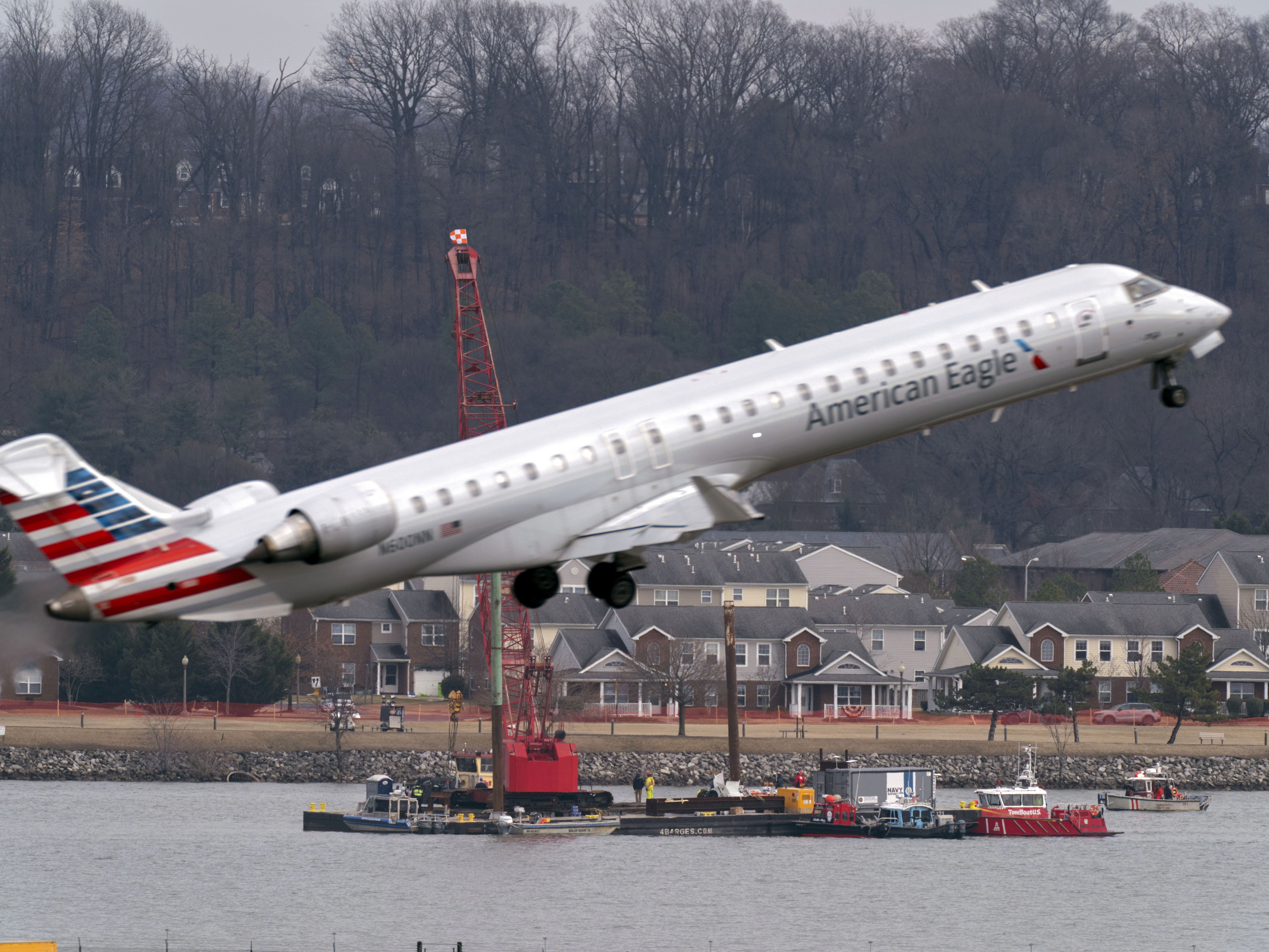

.jpg)
